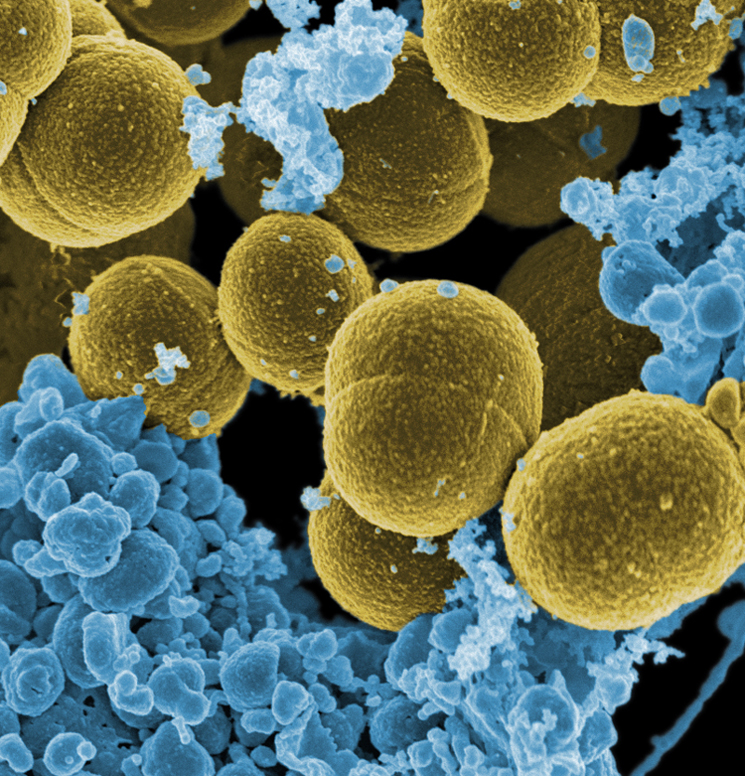WHO endorses superbug study findings
 With the controversy regarding the origin of the latest antibiotic-resistant bacteria named after India — New Delhi Metallo-beta lactamase-1 (NDM-1) — still going on, the World Health Organization (WHO) has endorsed the research issued in The Lancet Infectious Diseases journal commenting that the article had attracted everyone’s notice to the issue revolving antimicrobial resistance (AMR), especially bringing about awareness about infections brought about by the multi-drug resistant bacteria.
With the controversy regarding the origin of the latest antibiotic-resistant bacteria named after India — New Delhi Metallo-beta lactamase-1 (NDM-1) — still going on, the World Health Organization (WHO) has endorsed the research issued in The Lancet Infectious Diseases journal commenting that the article had attracted everyone’s notice to the issue revolving antimicrobial resistance (AMR), especially bringing about awareness about infections brought about by the multi-drug resistant bacteria.
WHO has stated that since the multi-drug resistant bacteria is old and will keep appearing, this progress needs proper monitoring and further study in order to understand it more for controlling it effectively.
Countries have been advised to prepare implementation of hospital infection control measures so that the spread of multi-drug-resistant strains can be prevented. The excessive use of antibiotics should be banned to reduce the formation of the antibiotic-resistant bacteria.
AMR is the ability which micro-organisms develop to escape the action of the drugs commonly used. AMR is increasingly gaining recognition as global public health issues, as some bacteria (multi-drug-resistant bacteria) become resistant to many of the antibiotics normally used and pose a big threat to the global public health.
WHO has listed consumers, prescribers and dispensers, among many to be alert regarding this health issues.